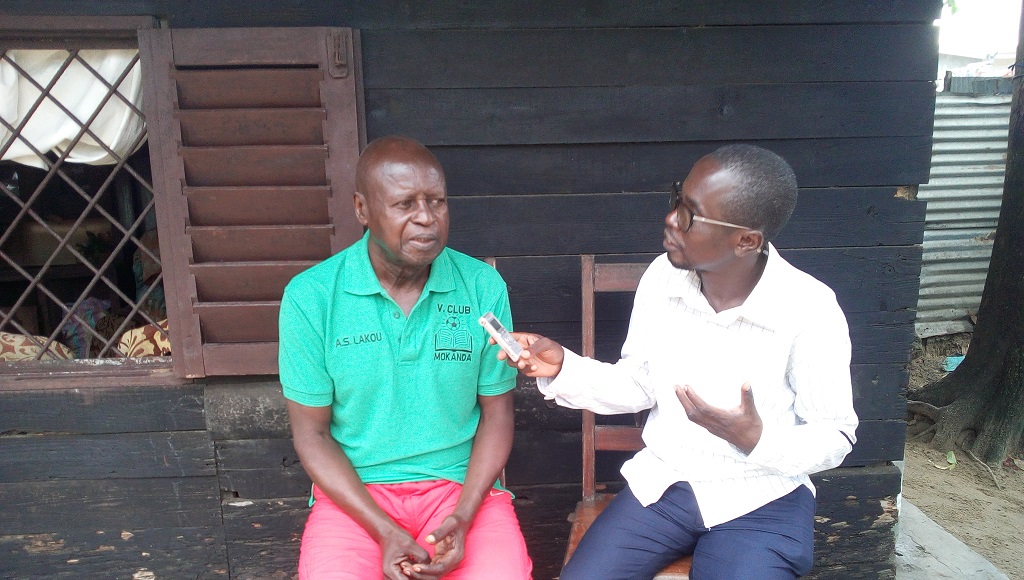
An icon of continental soccer, Salif Keïta has given his all to Africa. Even in Congo-Brazzaville, the former Malian striker remains engraved in people's hearts, for very special reasons that deserve to be told for posterity.
"Oh no!I can't believe it.You shouldn't have," cried Equateur Denis Nguimbi on September 2. The sports journalist may have been unaware of the news, but nature's implacable sentence had just been delivered. Salif Keïta had passed away on Saturday.
As in many parts of Africa, the death of the former Mali international (1963-1972) brought tears to the eyes of the Congolese, especially in the world of sport in general and soccer in particular. And if the Congolese are far from forgetting "Domingo", it's because it was on a Sunday, March 5, 1972, that Congo-Brazzaville wrote one of the finest pages, if not the finest page, of its footballing history.
It was in the final of the 8th edition of the AFCON in Yaoundé, Cameroon. The Congo national team, known as "Congo Sports" at the time, won the final of the most prestigious competition by a score of 3-2 over Mali, led by a certain Salif Keïta and supported by many other top players such as Fantamadi Keita (top scorer of this edition) and Moctar Maïga.
Enough to scare the Congolese. "It was enough. I was still a kid. But I remember that match. Faced with such talent, we couldn't have hoped. Then again, it was because Salif Keïta hadn't played in the final! However, you can't talk about our CAN 1972 triumph without thinking of Salif Keïta," recalls former international Janvion Moukakounou.
But this was not the first trophy that Salif Keïta's Mali had lost to the Congo. Seven years earlier, at the 1965 All-Africa Games in Brazzaville, the Congolese won the tournament.And the future three-time French champion with Saint Étienne (1968, 1969 and 1970) was there. It was at this time that Salif discovered the emerging talents of the young independent Central African state."Inspirer, compass
"The story between Congo and Mali began at the All-Africa Games. On the sidelines of the competition, he was invited to follow the matches of local clubs.It was there that he said in an interview that he had been seduced by these young Congolese. I was one of them. Quite simply because I had produced a slalom of the same quality as Maradona's or Messi's. If it were today, I'd have to say that I'd be the best. If it had been today, I'm sure that goal would have caused a buzz on social networks. He even went so far as to predict a bright future for Congolese soccer," reveals Poaty Gilbert, aka "Hidalgo".
Five days after his death, apart from Salif Keïta's two defeats by Congo, the very first African Ballon d'Or (1970) has already become immortalized in the hearts of the Congolese people.
"The fact that he was the first to win the African Ballon d'Or already makes him a benchmark, better still a compass. In fact, he's the real compass of African soccer (laughs)," comments former Congolese international Sébastien Lakou, winner of the 1974 African Champion Clubs' Cup (Champions League) with CARA de Brazzaville.
But the managerial side of "La Panthère noire" is not to be outdone."He is one of the few old glories to have created a soccer training center and we've all seen the fruits of it, including the famous Seydou Keïta, who gave us great pleasure with RC Lens and, above all, FC Barcelona. This is symptomatic of his talent for soccer management and that can only inspire us," adds Janvion Moukakounou.